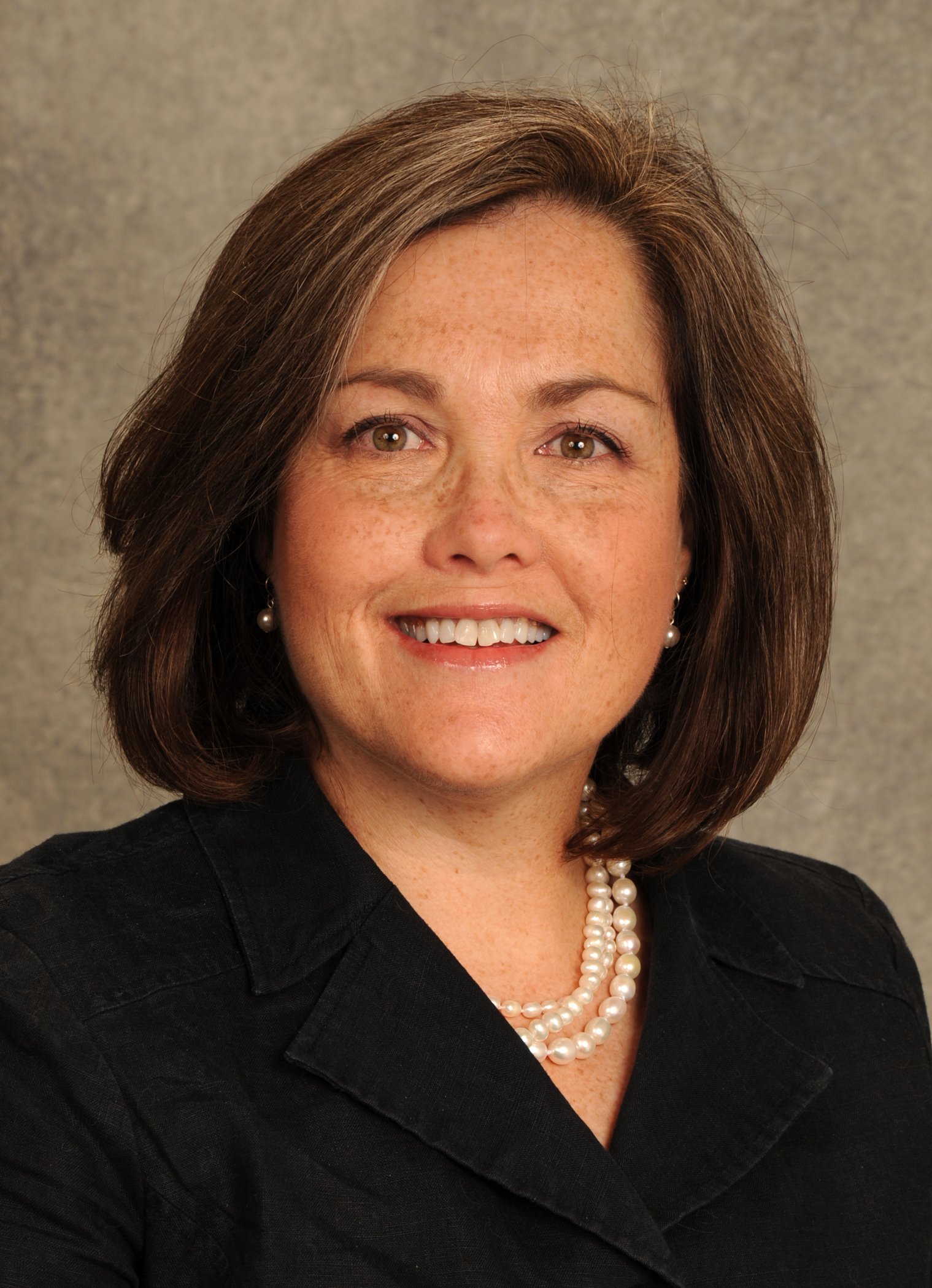- Doctors & Departments
-
Conditions & Advice
- Overview
- Conditions and Symptoms
- ¿Está enfermo su hijo?
- Parent Resources
- The Connection Journey
- Calma Un Bebé Que Llora
- Sports Articles
- Dosage Tables
- Baby Guide
-
Your Visit
- Overview
- Prepare for Your Visit
- Your Overnight Stay
- Send a Cheer Card
- Family and Patient Resources
- Patient Cost Estimate
- Insurance and Financial Resources
- Online Bill Pay
- Medical Records
- Política y procedimientos en el hospital
- Preguntamos Porque Nos Importa
-
Community
- Overview
- Addressing the Youth Mental Health Crisis
- Calendar of Events
- Child Health Advocacy
- Community Health
- Community Partners
- Corporate Relations
- Global Health
- Patient Advocacy
- Patient Stories
- Pediatric Affiliations
- Support Children’s Colorado
- Specialty Outreach Clinics
Your Support Matters
Upcoming Events
Colorado Hospitals Substance Exposed Newborn Quality Improvement Collaborative CHoSEN Conference (Hybrid)
lunes, 29 de abril de 2024The CHoSEN Collaborative is an effort to increase consistency in...
-
Research & Innovation
- Overview
- Pediatric Clinical Trials
- Q: Pediatric Health Advances
- Discoveries and Milestones
- Training and Internships
- Academic Affiliation
- Investigator Resources
- Funding Opportunities
- Center For Innovation
- Support Our Research
- Research Areas

It starts with a Q:
For the latest cutting-edge research, innovative collaborations and remarkable discoveries in child health, read stories from across all our areas of study in Q: Advances and Answers in Pediatric Health.


Pneumonia in Children
Kids aren’t just mini adults. In fact, they’re incredibly different. That’s why they need incredibly different care.

Get Care Now
From emergency to urgent care to 24/7 pediatric advice, we’re here to help in the heat of moment.
What is pneumonia?
Pneumonia is an infection in the lungs that develops in people who have a viral, bacterial or fungal infection.
Pneumonia in children often begins after they’ve caught a respiratory virus such as adenovirus, rhinovirus, respiratory syncytial virus (RSV) or parainfluenza virus.
Who gets pneumonia?
Anyone can get pneumonia. The viruses and bacteria that cause pneumonia are contagious. They spread easily by sneezing, coughing or contact with contaminated surfaces (like shared drinking glasses, used tissues, doorknobs and faucets). However, getting infected with a virus or bacteria from someone with pneumonia does not necessarily mean that the infection will develop into pneumonia.
Children who are more likely to get pneumonia include:
- Children with chronic illnesses, such as heart or lung disorders
- Children with asthma
- Infants born prematurely
- Children with a compromised immune system
What are the signs and symptoms of pneumonia in kids?
Symptoms of pneumonia in infants and children vary depending on the age of the child and what's causing the pneumonia. Kids with bacterial pneumonia usually get sick quickly and have a high fever and rapid breathing. Viral pneumonia symptoms tend to appear more slowly and may be less severe. Wheezing is more common in viral pneumonia.
The length of time between when your child is exposed to the germ that causes illness and when they feel sick from pneumonia (called the incubation time) varies. If a child develops pneumonia from a cold caused by RSV, symptoms will start in 4 to 6 days. With the flu virus, symptoms can start after just 18 to 72 hours.
Pneumonia caused by bacterial infections can last 1 to 2 weeks with appropriate antibiotics. Because there are no medications to treat viral infections, symptoms from viral pneumonia may last longer.
Call your child’s doctor if you notice any of these pneumonia symptoms:
- Cough
- Fever
- Rapid breathing (in some cases, this is the only symptom)
- Breathing with grunting or wheezing sounds
- Labored breathing that causes nasal flaring and makes the rib muscles draw in (muscles under the ribcage or between ribs suck inward with each breath)
- Chest pain
- Abdominal pain or vomiting
- Loss of appetite in older kids or poor feeding in infants, which may lead to dehydration
Seek immediate help if your child:
- Is having trouble breathing or is breathing abnormally fast
- Has a bluish or gray color to the fingernails or lips
- Has a fever of 102ºF (38.9ºC), or above 100.4ºF (38ºC) in infants under 6 months
What tests do we use to diagnose pneumonia?
Your child's doctor may order a chest X-ray to diagnose pneumonia. The doctor also might order blood tests, tests for viruses in nasal secretions or bacterial cultures of mucus produced by coughing.
How do we treat pneumonia children?
In most cases, children with bacterial pneumonia receive oral antibiotics at home. If your child’s doctor prescribes antibiotics, make sure your child takes all the medicine as directed. Not taking antibiotics according to the directions can make the infection worse or spread it to other members of your family.
We can treat pneumonia due to flu virus with antiviral medications to target the flu. These medications are only helpful if you start them within the first 2 or 3 days of symptoms.
For other viruses that cause pneumonia, there are no medications. In these cases, supportive measures such as keeping your child hydrated, controlling fever, and treating wheezing or oxygen need help fight off the infection. For wheezing, your child’s doctor might recommend using a nebulizer or inhaler.
One way to know if your child’s lungs are getting enough oxygen is to check their lips and fingernails. They should have a pinkish hue — not bluish or gray.
If you child has a cough, ask your child’s doctor if any over-the-counter medicines might help. Cough suppressants may not help with cough caused by pneumonia. And non-prescription cough and cold medications are generally not recommended for kids under 6 years old.
You should check your child's temperature at least twice a day (morning and evening) while they are sick. In older infants and children, call the doctor if the fever goes above 102ºF (38.9ºC). For babies younger than 6 months, call if a fever is above 100.4ºF (38ºC).
We may recommend a hospital stay if your child:
- Needs supplemental oxygen
- Has a lung infection that may have spread into their bloodstream
- Has any chronic illnesses that weaken their immune system
- Is vomiting so much that they cannot keep down oral medications
- Is dehydrated
Can pneumonia be prevented?
Vaccines can help prevent some types of pneumonia by preventing the infections that lead to it. Children’s Hospital Colorado, along with the American Academy of Pediatrics, recommend that infants and children receive routine immunizations against Streptococcus pneumoniae and Haemophilus influenza, the two most common bacterial causes of pneumonia. Children should receive the vaccine for pertussis (whooping cough) starting when they are 2 months old.
Yearly flu and COVID shots can also reduce your child’s risk of pneumonia caused by flu. Children with chronic respiratory diseases may also receive an additional immunization against Streptococcus pneumoniae for more protection against pneumonia.
Why choose Children’s Colorado for pneumonia treatment?
Our Breathing Institute provides comprehensive care for children with breathing problems relating to pneumonia and our medical experts are very experienced in diagnosing and treating children with pneumonia. We work with your child's primary care physician and other specialists your child may need to bring your family the very best care possible.
Children’s Colorado offers the latest in diagnostic testing for both infants and older children with pneumonia. Our experienced staff of pediatric specialists includes physicians, nurses, dietitians, social workers and respiratory therapists so we can treat every symptom. This collaborative approach helps us provide the highest quality care and gets your child back on the road to recovery as soon as possible.
- Healthy Children provides in-depth information for parents about pneumonia from the American Academy of Pediatrics.
- Medline Plus offers easy-to-understand information about causes and treatments for kids with pneumonia.
-
Would you like to learn more about us?
Learn more about our Urgent Care Services -
Do you need to talk to a nurse?
1-855-543-4636 -
Would you like to learn more about us?
Learn more about the Breathing Institute
Get to know our pediatric experts.



Bridget Raleigh, FNP-BC
Certified Family Nurse Practitioner

Oren Kupfer, MD
Pulmonology - Pediatric, Pediatrics



 720-777-0123
720-777-0123



